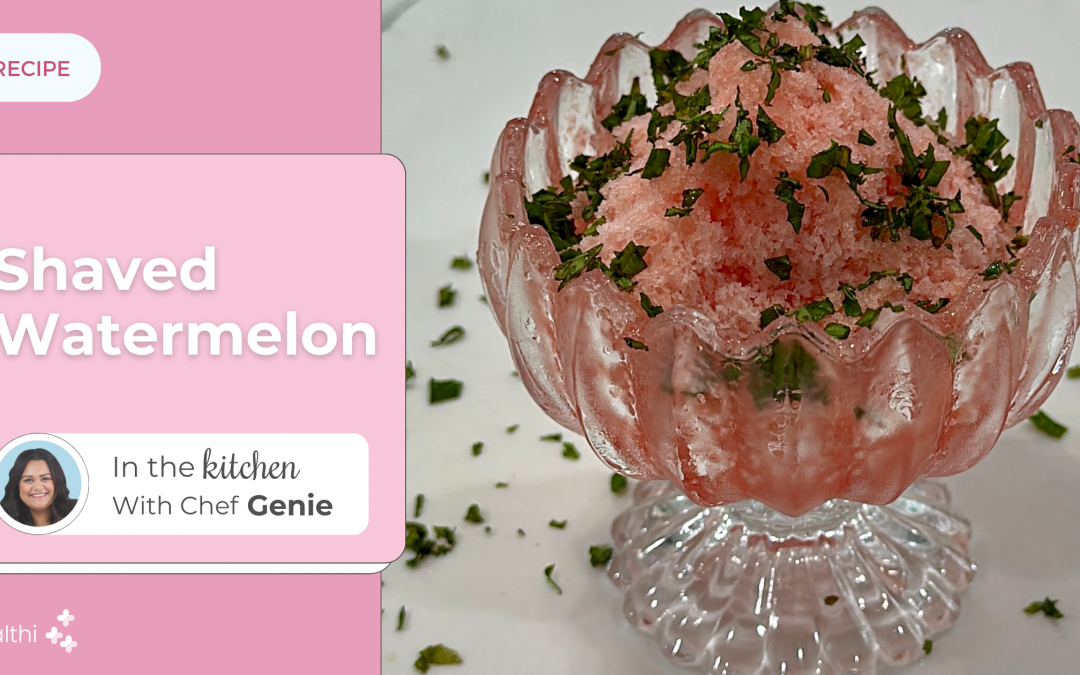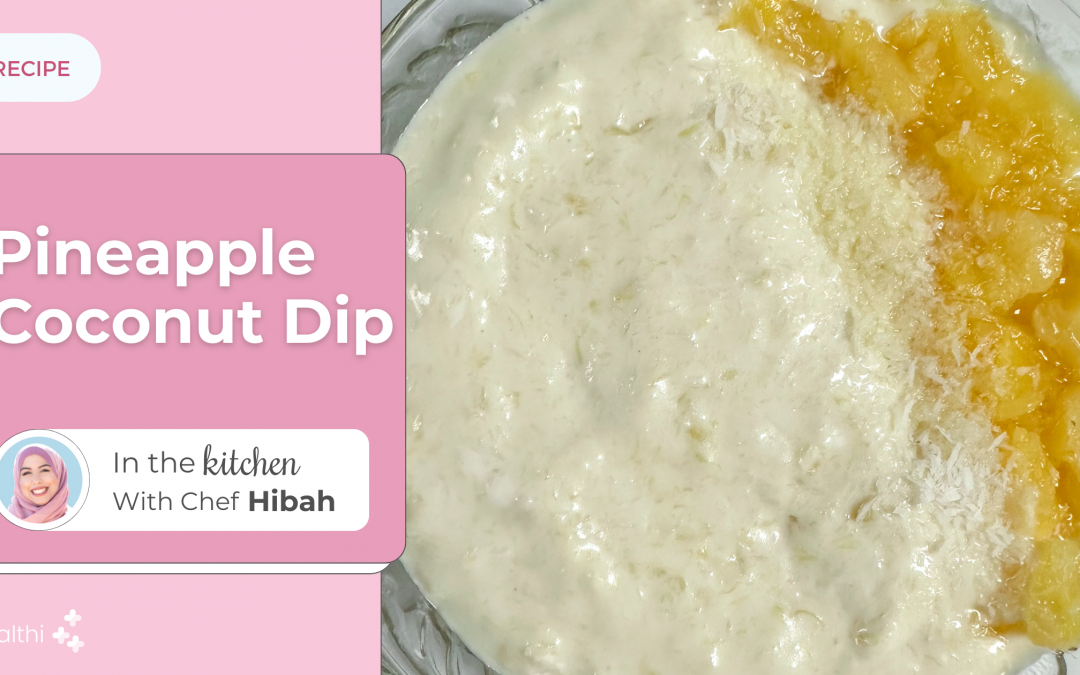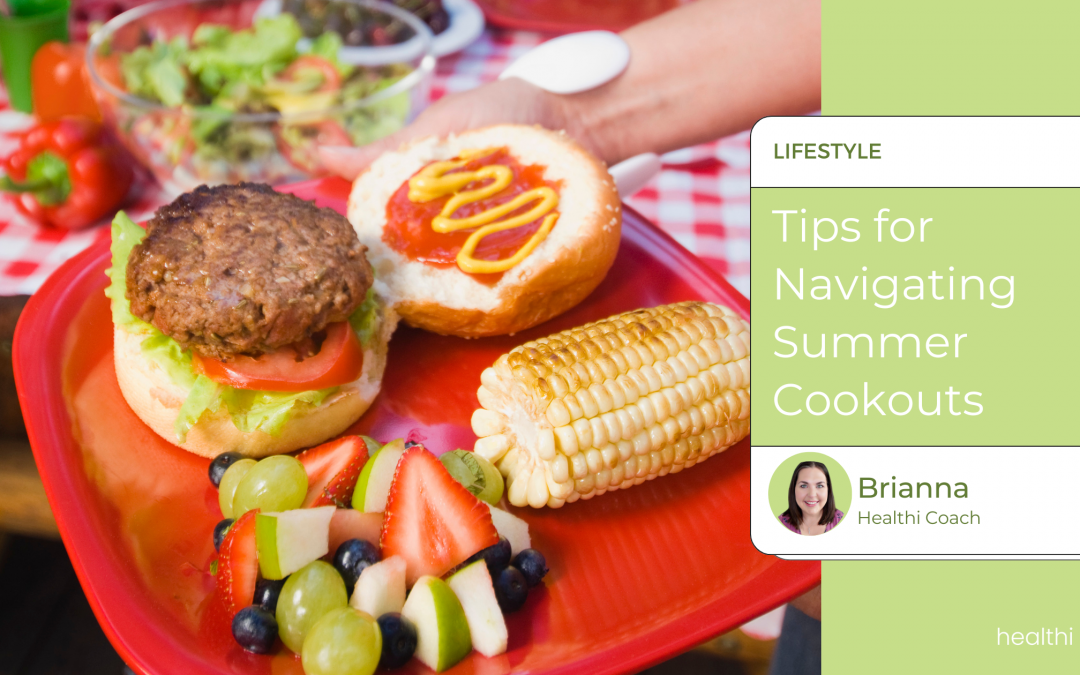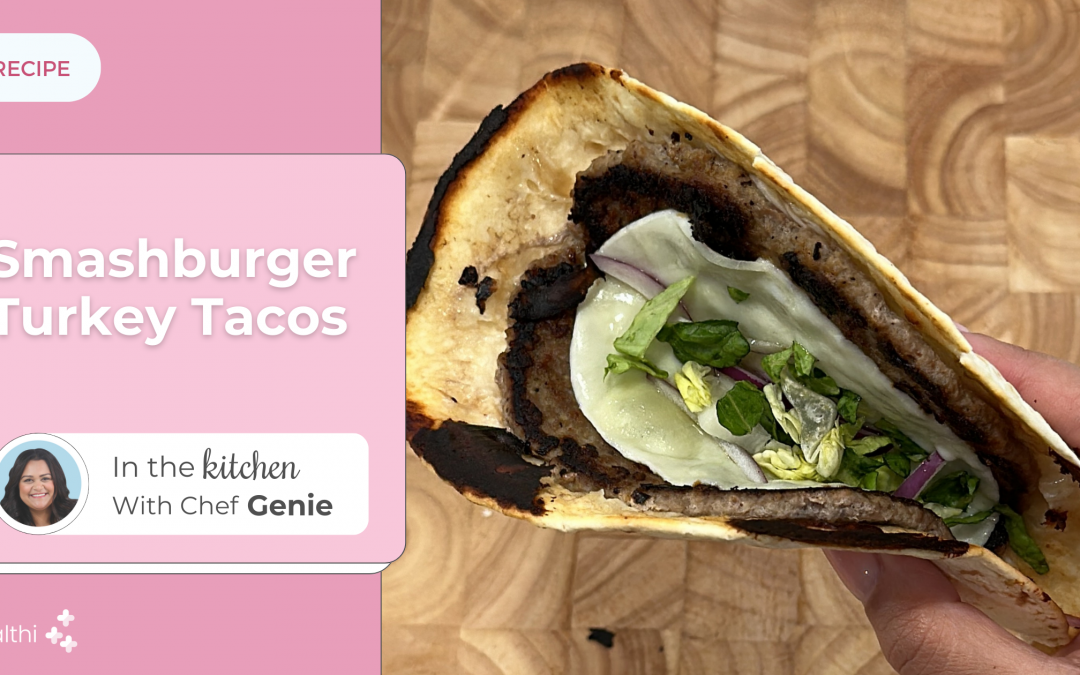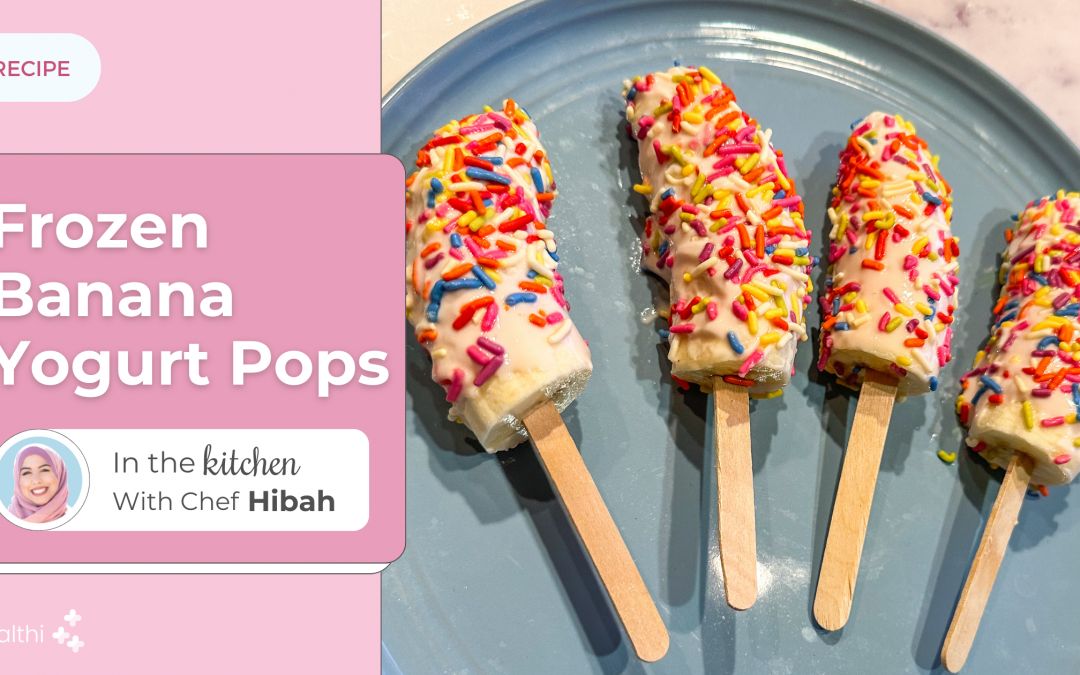Eat More, Not Less: Don’t Starve to Lose Weight
Embarking on a weight loss journey can be a daunting task. The typical understanding might suggest that restricting food is the path to success, but what if we told you that eating more, rather than less, could be your ticket to a healthier you?
The common misconception is that slashing calories is the solution. However, a more sustainable and effective approach is to focus on nourishing your body rather than depriving it. Let’s dive into how this approach can help you reach your weight loss goals without falling into the trap of starvation.
Overview:
- How you can eat more to lose weight
- The role of starvation in weight loss
- Balanced diet recipes to try
- Precautions
- Conclusion
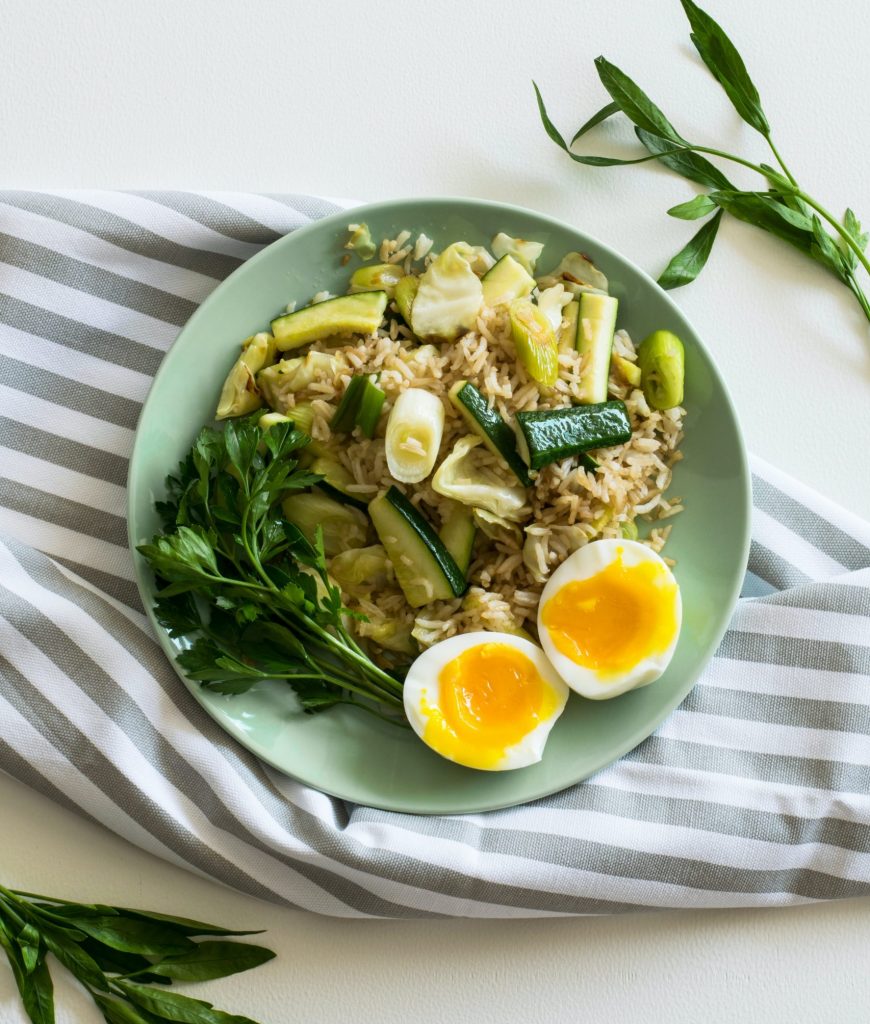
How you can eat more to lose weight
Eating more to lose weight might sound counterintuitive, but it’s not about eating more of just anything. The idea is to prioritize nutrient-dense, filling foods that support your health while helping you manage your weight. Opt for whole, unprocessed foods that are rich in nutrients like lean proteins, colorful fruits and vegetables, whole grains, and healthy fats. These foods are high in vitamins, minerals, and fiber, keeping you full while providing essential nutrients.
Opting for these food choices offers more value with fewer calories. Consider this comparison: a typical granola bar is approximately 150 calories. On the other hand, a serving of nonfat Greek yogurt with a portion of fresh blueberries also adds up to roughly 150 calories. By choosing the yogurt and berries, you not only consume the same calorie count but get a larger volume of food. Moreover, this selection provides the advantage of essential nutrients from fresh sources.
Instead of three large meals a day, consider consuming smaller, more frequent meals. Eating more frequently keeps your metabolism consistently engaged, aiding in calorie burn throughout the day. This approach helps prevent energy crashes and overeating during meals. Moreover, pay attention to your body’s hunger and fullness cues. Mindful eating involves savoring your food, eating slowly, and being aware of your body’s signals. It prevents overeating and helps you understand when you’re genuinely full.
Skipping meals can lead to excessive hunger, making it more likely to overeat later. Regular meals and snacks keep your metabolism active and help maintain steady energy levels throughout the day. Additionally, choose nutritious snacks such as nuts, Greek yogurt, fruits, or veggies with hummus. These snacks can be an essential part of your diet, providing satiety and essential nutrients.
Maintain a balanced diet that includes protein, complex carbohydrates, healthy fats, and fiber. Balancing your meals ensures you’re getting a variety of nutrients and keeps your diet interesting and enjoyable. The Healthi app is an excellent tool to help you stay on track with a balanced diet plan. It offers custom meal plans, while also providing you with recipes that you can try to mix things up. To help you make better, more informed food choices, the Healthi app uses BITES – prescribed numerical values to food items – that can also help you monitor your consistency and progress.
Remember, the goal isn’t to eat more of everything but rather to eat more of the right foods in the right proportions. It’s about giving your body the nutrition it needs to function optimally while promoting a healthy weight.

The role of starvation in weight loss
The idea of using starvation or extreme restriction as a means to lose weight is an unhealthy approach that can have serious repercussions on both physical and mental well-being. Starvation diets can slow down your metabolism. When your body isn’t getting enough nutrients and energy, it adapts to conserve energy. As a result, it burns calories more slowly, making it harder to shed pounds.
During periods of severe calorie restriction, the body often turns to muscle for energy. This muscle loss can lead to a reduction in overall strength and, in turn, a further slowdown of metabolism. Starvation diets lack essential nutrients, leading to deficiencies that can negatively impact your health. The body requires a variety of vitamins and minerals to function properly. A prolonged lack of these can result in a weakened immune system, fatigue, and potential long-term health issues.
Extreme dieting can have severe psychological effects. It can lead to an unhealthy relationship with food, creating guilt, anxiety, and obsession about eating. It may also result in disordered eating patterns like bingeing and purging. Most people also find it challenging to sustain a starvation diet over the long term. Once you resume a regular eating pattern, the body tends to store more fat as a protective mechanism against potential future food shortages. This often results in gaining back the lost weight, and sometimes even more. Starvation diets can also cause physical discomfort, including dizziness, fatigue, headaches, and weakened immune function. Extreme cases may lead to hair loss, hormonal imbalances, and even organ damage.
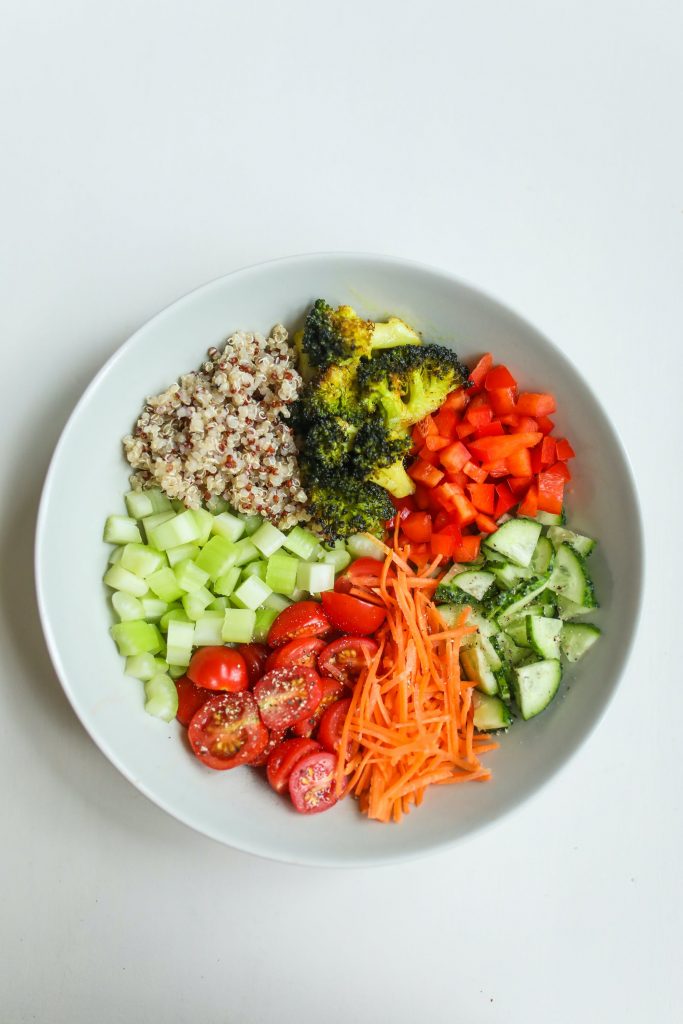
Balanced diet recipes to try
Let’s explore some nutritious and balanced meal ideas that you can try, that are high in volume and lower in calories.
Quinoa Salad
Ingredients:
- 1 cup quinoa
- 1 ½ cups water or vegetable broth
- Diced vegetables (bell peppers, cucumber, cherry tomatoes)
- Fresh herbs (parsley, mint, or cilantro)
- Olive oil
- Lemon juice
- Salt and pepper to taste
Instructions:
Rinse the quinoa and cook it in water or vegetable broth as per the package instructions. Let the cooked quinoa cool. Then, mix in the diced vegetables and herbs. Drizzle olive oil and lemon juice over the salad and season with salt and pepper.
Grilled Chicken and Veggies
Ingredients:
- Chicken breasts
- Assorted vegetables (bell peppers, zucchini, onions)
- Olive oil
- Garlic powder, salt, and pepper
- Herbs like rosemary or thyme (optional)
Instructions:
Marinate the chicken breasts in olive oil, garlic powder, salt, pepper, and herbs for about 20-30 minutes. Grill the chicken until it’s cooked thoroughly. Coat the vegetables with olive oil, salt, and pepper, and grill them until they’re tender.
Baked Salmon with Steamed Greens
Ingredients:
- Salmon fillets
- Broccoli or asparagus
- Lemon
- Olive oil
- Seasonings like dill, garlic powder, salt, and pepper
Instructions:
Season the salmon with olive oil, lemon, and the desired seasonings. Bake the salmon in the oven until it’s fully cooked. Steam the broccoli or asparagus until they’re tender-crisp.
Veggie Stir-Fry with Brown Rice
Ingredients:
- Assorted vegetables (bell peppers, broccoli, carrots, snap peas)
- Tofu or chicken (if desired)
- Soy sauce or low-sodium tamari
- Olive oil
- Cooked brown rice
Instructions:
Heat olive oil in a pan and stir-fry the tofu or chicken (if using) until cooked. Add the vegetables to the pan and cook until they’re tender-crisp. Stir in the soy sauce or tamari. Serve with brown rice.
These recipes are not only nutritious but also provide a balance of essential nutrients while being low in calories, making them great options for those aiming to lose weight by using the eat more, not less method. Adjust portion sizes to suit your individual needs. However, if you’re looking for a greater variety, the Healthi app consists of a plethora of recipes that come preloaded with numerical values called BITES that help you make better food choices. Try these fun, new recipes, and break the chains of monotony through guided experimentation.
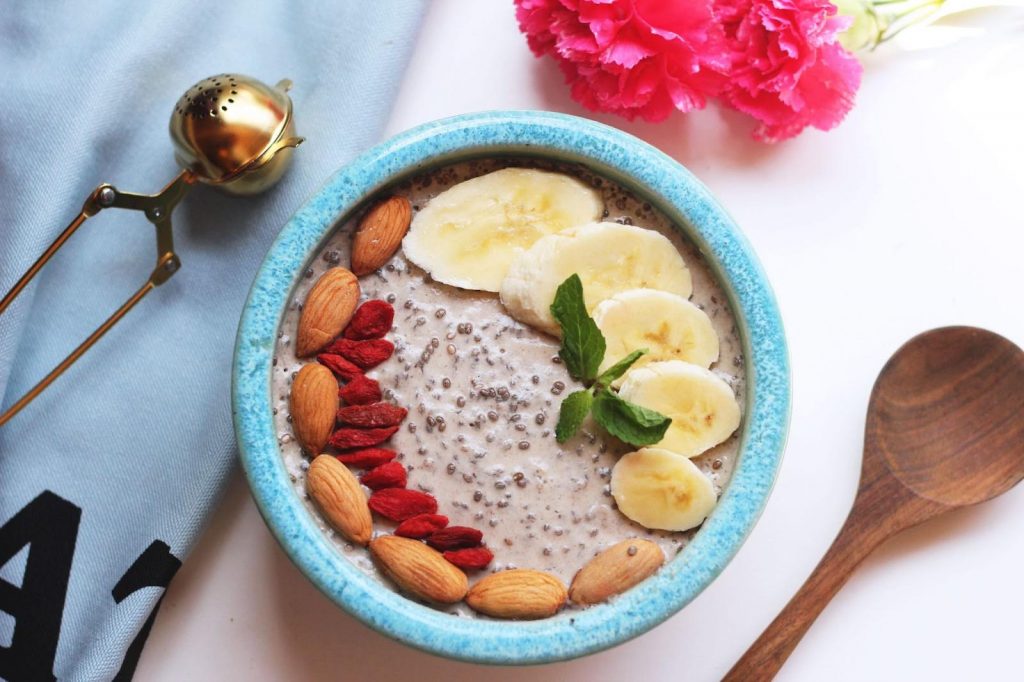
Precautions
As with any lifestyle change, it’s crucial to consult a healthcare professional before altering your diet significantly, especially when aiming to lose weight. Nutrition needs vary among individuals, and a tailored plan will ensure that you’re making healthy choices that suit your body and health goals. Moreover, striking a balance between food groups is key; it’s about moderation, not deprivation.
A great precaution to keep in mind is the monitoring of your progress and intake so that you know exactly where you stand. The Healthi app doubles as a food tracker and a progress journal, monitoring your intake, while also allowing you to pinpoint areas on which you need to work. Likewise, since it tracks your progress, it can also help highlight what you’re doing well, thereby encouraging you as well.
Conclusion
Losing weight shouldn’t be about starving or depriving yourself; it’s about nourishing and respecting your body. A sustainable, healthy approach to weight loss involves eating more of the right foods rather than less. By nurturing your body with nutrient-dense, balanced meals and regular physical activity, you’ll not only achieve weight loss but also promote overall health and well-being. It’s time to say goodbye to the starvation mindset and embrace a new way of nourishing your body for long-term success. Remember, it’s about eating to live, not living to eat!







